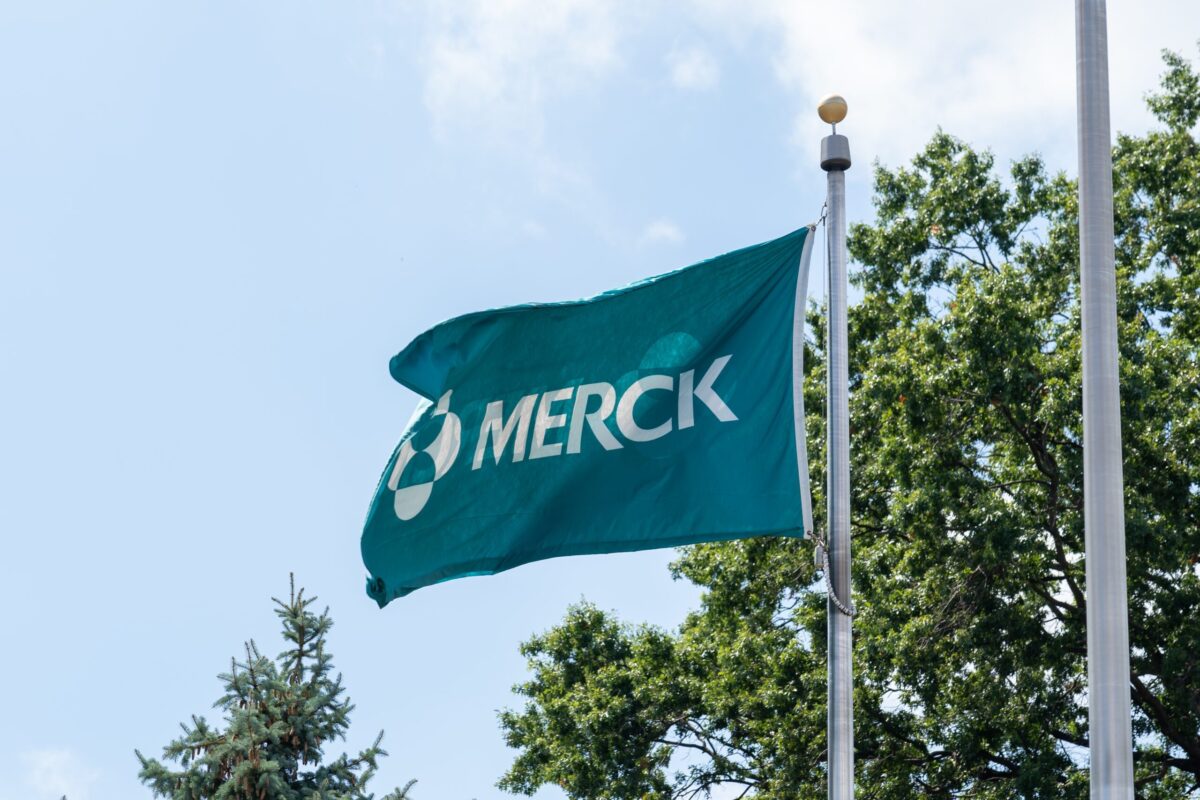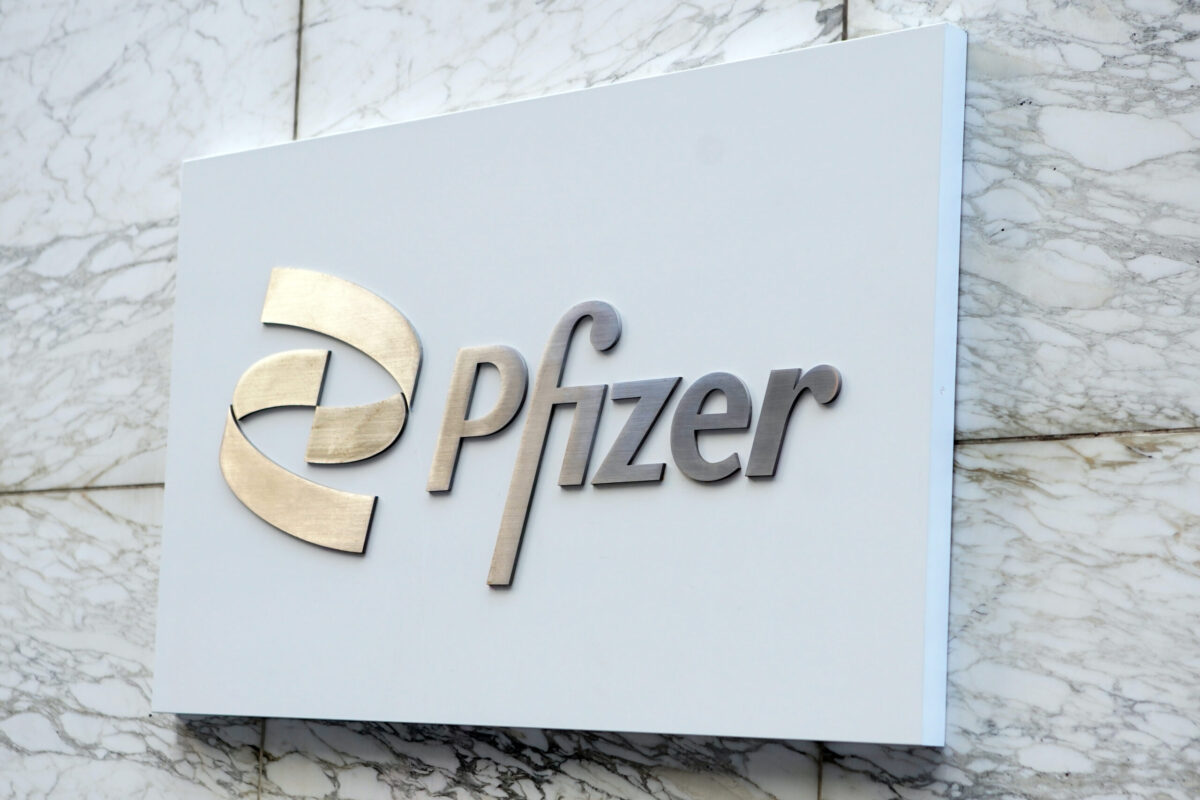The US Department of Health and Human Services (HHS), through the Substance Abuse and Mental Health Services Administration (SAMHSA), has allocated $31.4 million to enhance behavioral health services for racial and ethnic minorities. This significant investment aligns with the government’s commitment to addressing mental health and the overdose crisis.
A substantial portion, $18.5 million, is designated for State Opioid Response/Tribal Opioid Response Technical Assistance. This initiative aims to provide technical assistance and training nationwide. The focus is on trauma-informed, culturally relevant and evidence-based approaches to substance use. The goal is to mitigate the effects of opioid and stimulant use disorders on individuals, families and communities.
Additionally, $5.7 million is allocated to the Minority AIDS Initiative: Substance Use Disorder (SUD) Prevention and Treatment Pilot Program. This program focuses on providing substance use prevention, SUD treatment and HIV and viral hepatitis prevention and treatment services. It targets medically underserved populations vulnerable to SUD, mental health conditions, HIV, viral hepatitis and other infectious diseases.
A further $2.7 million is directed towards the National Center of Excellence for Integrated Health Solutions. This program promotes the integration of physical and behavioral health care. It offers high-quality, evidence-informed training and technical assistance, with a particular emphasis on the Collaborative Care Model. This model fosters cooperation between healthcare providers to improve patient outcomes.
The government is also investing $2.6 million in the Minority AIDS Initiative: Integrated Behavioral Health and HIV Care for Unsheltered Populations Pilot Project. This initiative aims to pilot a portable clinical care model. It integrates behavioral health, HIV treatment and prevention services for people experiencing unsheltered homelessness. This model seeks to provide comprehensive care to some of the most vulnerable populations.
An additional $1.9 million has been earmarked for the National Peer-Run Training and Technical Assistance Center for Addiction Recovery Support. This program provides training and technical assistance to domestic public and private non-profit entities. These entities deliver or support services for individuals facing substance use or co-occurring conditions.
Supporting Medically Underserved Populations
This funding reflects a holistic approach to addressing the intertwined issues of substance use, mental health and infectious diseases. By supporting various programs, HHS and SAMHSA aim to provide comprehensive and culturally relevant care. This initiative addresses the unique needs of racial and ethnic minorities.
The emphasis on integrated healthcare solutions highlights the importance of treating physical and behavioral health concurrently. Programs like the National Center of Excellence for Integrated Health Solutions and the Integrated Behavioral Health and HIV Care for Unsheltered Populations Pilot Project are vital. They promote models that ensure individuals receive comprehensive care tailored to their needs.
The funding also underscores a commitment to supporting medically underserved populations. The Minority AIDS Initiative and the National Peer-Run Training and Technical Assistance Center for Addiction Recovery Support are examples. These programs provide crucial services to populations that are often overlooked in healthcare delivery.
The $31.4 million allocation by HHS and SAMHSA marks a significant step in enhancing behavioral health services for racial and ethnic minorities. By investing in diverse and integrated healthcare initiatives, the government aims to address the complex needs of these communities.
This funding supports the development of evidence-based, culturally relevant and trauma-informed approaches to substance use and mental health care. Ultimately, this initiative seeks to improve health outcomes and quality of life for some of the most vulnerable populations in the US.
If you want your company to be featured on Xtalks.com, please email [email protected].












Join or login to leave a comment
JOIN LOGIN